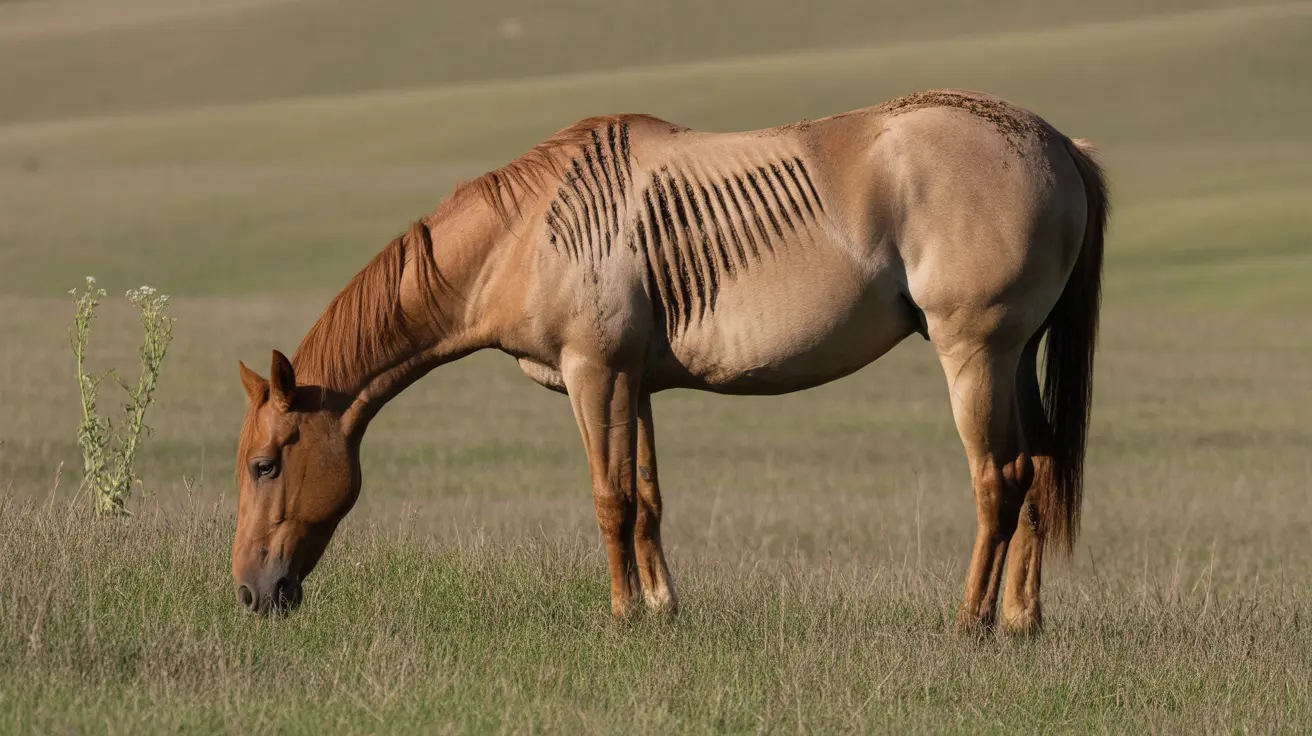A disturbing case of animal cruelty in South Carolina has come to light after authorities executed a search warrant that revealed 11 horses in severely deteriorated condition. The horses, discovered suffering from open wounds and extreme weight loss, were found on an Aiken County property following weeks of repeated welfare checks for suspected neglect. The owner initially confronted responding officers but eventually surrendered all animals to Aiken Equine Rescue for emergency care and rehabilitation.
This case highlights the critical importance of recognizing horse neglect signs and the vital role that community reporting plays in protecting vulnerable animals. When multiple welfare checks indicated worsening conditions, authorities were compelled to take decisive action to save these suffering horses.
Understanding Equine Abuse Reporting and Investigation Process
The Aiken County case demonstrates how animal cruelty investigations typically unfold. After receiving initial reports of possible neglect, authorities conducted multiple welfare checks over several weeks. When conditions continued to deteriorate rather than improve, officials obtained a search warrant to formally inspect the property and document the horses' condition.
During the investigation, officers encountered resistance from the property owner, who initially confronted them. However, faced with overwhelming evidence of the animals' poor condition, the owner ultimately chose to surrender all 11 horses rather than face potential legal proceedings.
Signs of Horse Malnutrition and Neglect Documented
The rescued horses exhibited classic indicators of severe neglect that had developed over an extended period. Veterinary assessments revealed extreme weight loss where ribs and spinal columns were clearly visible through the animals' skin. Multiple horses suffered from untreated open wounds that had likely festered without proper medical attention.
These physical manifestations represent textbook examples of what happens when horses don't receive adequate nutrition, veterinary care, and basic husbandry. The progression from initial neglect to life-threatening conditions often occurs gradually, making early intervention crucial for successful outcomes.
Horse Welfare Laws and Animal Cruelty Penalties SC
South Carolina maintains specific statutes addressing animal cruelty that apply to equines. Under state law, failing to provide adequate food, water, shelter, and veterinary care constitutes criminal neglect. The severity of charges depends on factors including the duration of neglect, number of animals affected, and whether previous warnings were ignored.
Property owners found guilty of animal cruelty face significant consequences including monetary fines, potential jail time, and permanent prohibitions on animal ownership. The legal framework is designed to both punish offenders and prevent future incidents of abuse.
Aiken Equine Rescue Steps in for Emergency Care
Following their surrender, all 11 horses were immediately transferred to Aiken Equine Rescue, a nonprofit organization specializing in emergency intervention cases. The rescue facility provides comprehensive medical evaluation, nutritional rehabilitation, and ongoing monitoring for animals recovering from severe neglect situations.
This organization works closely with local law enforcement and animal control agencies to ensure rescued horses receive appropriate care while legal proceedings unfold. Their expertise in handling traumatized and malnourished horses makes them an invaluable resource for the community.
Horse Rehabilitation Process and Recovery Timeline
Rehabilitating severely neglected horses requires extensive time, resources, and specialized care. The recovery process typically involves immediate veterinary assessment, emergency medical treatment for wounds and infections, carefully managed refeeding programs, and ongoing monitoring for complications.
Depending on the severity of neglect, full rehabilitation can take anywhere from several months to over a year. Success depends on factors including the horse's age, overall health status, and how long the neglect continued before intervention occurred.
Frequently Asked Questions
- What are the most common signs of horse neglect I should look out for?
Signs include extreme weight loss with visible ribs and spine, open wounds, untreated injuries, overgrown hooves, dull or patchy coat, lethargy, reluctance to move, and lack of shelter or clean water.
- How can I report suspected horse neglect or abuse in my community?
Contact your local animal control, humane society, or sheriff's office. Avoid confronting the owner directly. Provide detailed observations and any photographic evidence while following local reporting procedures.
- What legal consequences can a horse owner face for neglect or cruelty in South Carolina?
Under South Carolina law, animal cruelty can result in misdemeanor charges with penalties including fines up to $1,000 per count and up to 90 days jail. Repeat offenses may carry harsher penalties, including possible prison time.
- What organizations help rescue and rehabilitate neglected horses in Aiken County?
Aiken Equine Rescue is a primary nonprofit that works with local authorities to provide emergency care, rehabilitation, and rehoming for abused and neglected horses in the region.
- How long does it typically take to rehabilitate a severely neglected horse?
Recovery can take months to a year and requires comprehensive veterinary care, proper nutrition, wound treatment, hoof care, and ongoing monitoring to restore health and functionality.
Community Vigilance Protects Vulnerable Animals
The successful rescue of these 11 horses demonstrates the importance of community awareness and prompt reporting when animal welfare concerns arise. While the initial confrontation with officers delayed the process, the owner's eventual cooperation allowed for immediate medical intervention that likely saved lives.
This case serves as a reminder that animal neglect often escalates over time when left unchecked. Early intervention through proper reporting channels provides the best opportunity for positive outcomes for both the animals and their owners, who may be struggling with circumstances beyond their control.






